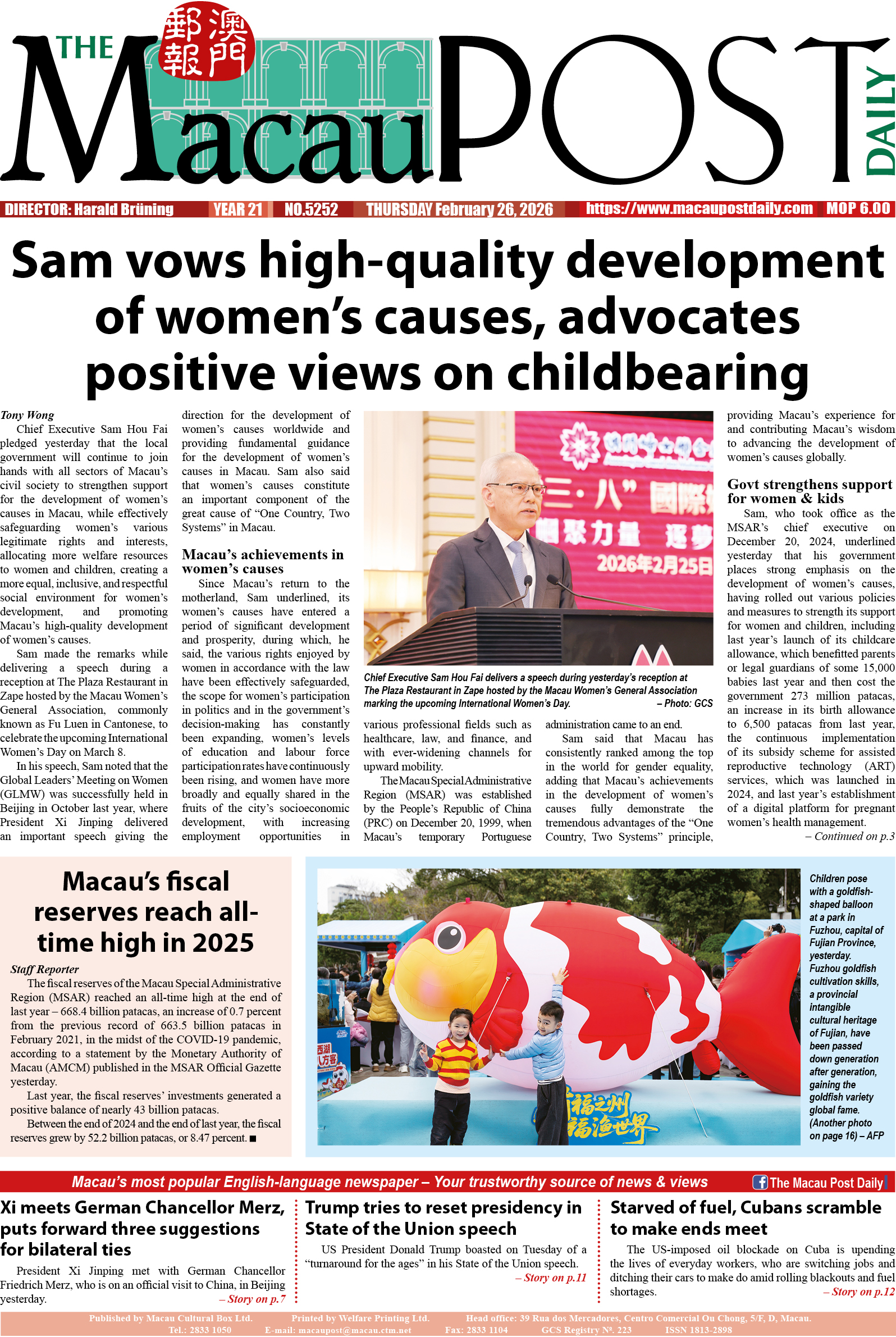Commentary by Wu Xia
BEIJING – One lesson to take away from the ongoing pandemic is the fragility of human life in the face of a tiny and baffling novel coronavirus, which has already killed more than one million people worldwide.
As world leaders prepare to hold the United Nations (UN) Summit on Biodiversity on Wednesday via video link, the meeting can serve as a platform for the international community to reflect on the link between humanity’s destruction of biodiversity and the rise of new diseases like COVID-19, and on how the human race can better co-exist with other life forms on their shared home planet.
“COVID-19 -- which emanated from the wild -- has shown how human health is intimately connected with our relationship to the natural world,” UN Secretary General António Guterres said on this year’s International Day for Biological Diversity.
“As we encroach on nature and deplete vital habitats, increasing numbers of species are at risk. That includes humanity and the future we want,” he said.
Fall of anthropocentrism
In some ways, the pandemic heralds the fall of anthropocentrism. It is time for the human race to start recognizing the value of all living things in nature and strive to build a shared future for them all.
A better future for all ought to be a greener future. Thus countries worldwide should work to pivot to a sustainable development path that is not driven by pollutive fossil fuels and over-exploitation of natural resources.
It is also an urgent task for the international community to jointly address such environmental issues as climate change, pollution, degradation and resource depletion.
China, the host of the next UN Biodiversity Conference that will review the post-2020 global biodiversity framework, stays committed to green growth and sustainable development.
Satellite data show that more than a quarter of the newly added green space in the world between 2000 and 2017 was in China, making it the largest contributor to the greening of the global landscape.
In a little more than a decade, China has made itself a champion of clean energy technology, producing more solar panels and wind turbines than any other nation in the world. It is also the world’s biggest manufacturer of electric vehicles.
Beijing has also been consistently committed to battling climate change. Last week, President Xi Jinping told the United Nations General Assembly (UNGA) that China will aim to peak its CO2 emissions before 2030 and achieve carbon neutrality by 2060. That means China will descend from its emission peak far more rapidly than other major economies.
A cumulative problem
Climate change is a cumulative problem and can only be tackled by all countries working together in good faith.
The tragic fact is that the United States, the world’s largest economy and also the biggest carbon polluter in history, has so far rejected an international drive to slow climate change. Instead, Washington has quit the Paris climate accord citing an alleged “unfair economic burden,” while some US politicians still insist that global warming is simply a hoax.
Worse still, the world’s sole superpower even tries to politicize environmental issues for political gains, seeking to tear the world community apart and jeopardize humanity’s common cause to save the Earth.
In the face of pressing environmental challenges, all nations, big and small, share a common future, and must thus share responsibility. Otherwise, the efforts of some countries will only be wasted if others refuse to act.
The upcoming UN biodiversity summit offers a chance for change. World leaders must work together, not turn against each other, sharpen their consensus, come up with fresh ideas and formulate new solutions to build a better future for all life on Earth, the common home of humanity. There is no time to lose. – Xinhua
– Subheadings by The Macau Post Daily








